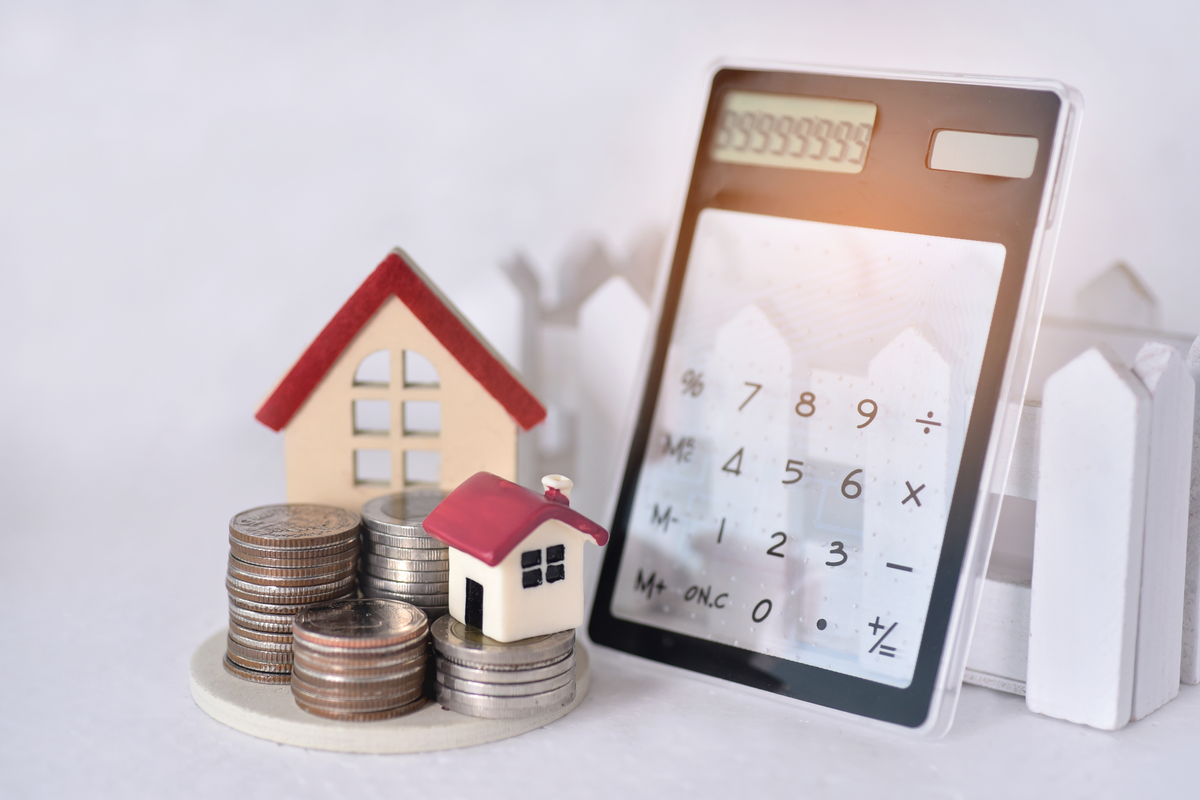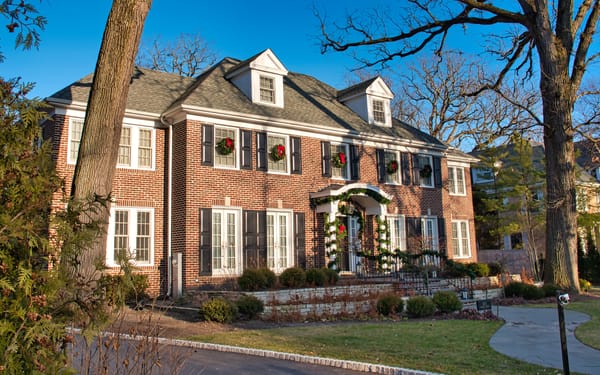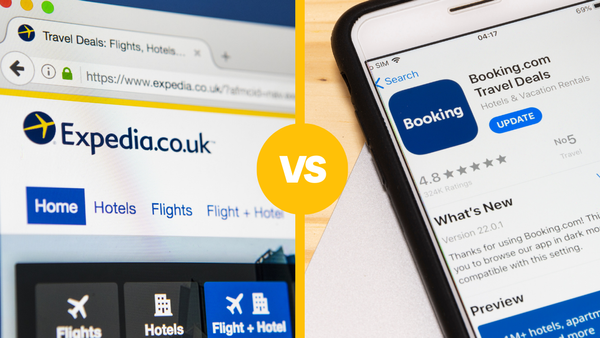What is a Good Rate of Return on Rental Property?

A good rate of return on rental property is a key metric in real estate investing and determines the financial viability of an investment property. It’s the percentage of profit, or potential profit, a rental property investor stands to make from a rental property in relation to the cost of the property.
While what constitutes a ‘good’ rate can vary depending on an individual’s investment strategy, location, and market conditions, generally, a return between 6% and 8% is considered decent, while a return of 10% or more is viewed as excellent. However, these figures can fluctuate depending on market conditions, property location, and other factors.
Rental Property
A rental property is any property, residential or commercial, that is purchased by an investor and leased out to a tenant to generate rental income. Rental properties can range from single-family homes and apartments to commercial properties like office buildings.
Rental Properties and ROI
The return on investment (ROI) for rental property is typically calculated as a ratio of the net income the property produces to the total cost of the property. Key components that factor into this calculation include the purchase price, operating expenses, property taxes, mortgage payments, and closing costs. Understanding these components is crucial for any rental property investment strategy.
Net Operating Income
Net Operating Income (NOI) is a calculation that reflects the annual income generated by a rental property after subtracting all necessary operating expenses. These expenses may include property management fees, insurance, repairs, maintenance, and other costs not including mortgage payments.
Rental Income, Property Taxes, and Operating Expenses
Rental income is the money that a landlord or property owner receives from tenants. Property taxes are fees that property owners must pay to local and state governments while operating expenses include the costs associated with keeping a property running and can include everything from routine maintenance to major repairs.
Purchase Price, Mortgage Payments, and Closing Costs
The purchase price of a rental property is the amount paid to acquire the property. Mortgage payments are monthly payments made towards the loan taken out to buy the property. Closing costs are expenses over and above the price of the property incurred by buyers and sellers when transferring ownership of a property.
ROI for Rental Property
To calculate the ROI for a rental property, you need to consider the annual cash flow (the net income from the property after all costs have been deducted) and the total cash invested in the property (which includes the purchase price, closing costs, and any renovation costs). This can be represented as a percentage.
Property Management
Property management involves the operation, control, maintenance, and oversight of real estate and physical property. This can range from residential, commercial, to land real estate. A good property management company can affect the ROI by ensuring a high rate of occupancy, maintaining the property to a good standard, and managing expenses effectively.
Real Estate Investing and Rental Property Investments
Real estate investing is the purchase, ownership, management, rental, or sale of real estate for profit. Rental property investments are a subset of real estate investing where the investor buys a property not to resell immediately, but to rent it out to tenants and generate a steady stream of income.
Monthly Rent, Cash Flow, and Rental Property Investing
Monthly rent is the amount tenants pay to the property owner or manager, typically on a monthly basis. Understanding the ‘monthly cash flow’, which is the net income from a rental property after subtracting all expenses on a monthly basis, is crucial. This monthly cash flow contributes to determining the annual cash flow and subsequently, the cash-on-cash return percentage. Positive cash flow is critical for successful rental property investing as it directly impacts the ROI.

Real Estate Investment Properties
Real estate investment properties are properties that are not used as primary residences. These include rental properties, commercial properties, vacation properties, and more. The profitability of these properties depends on the effective management of cash flow, rental income, and operating expenses.
In conclusion, calculating the good rate of return on rental property involves understanding several factors, including but not limited to, net operating income, rental income, property taxes, purchase price, operating expenses, mortgage payments, closing costs, and the calculated ROI. The successful management of a rental property can lead to positive monthly and annual cash flow, a key objective in rental property investing.






